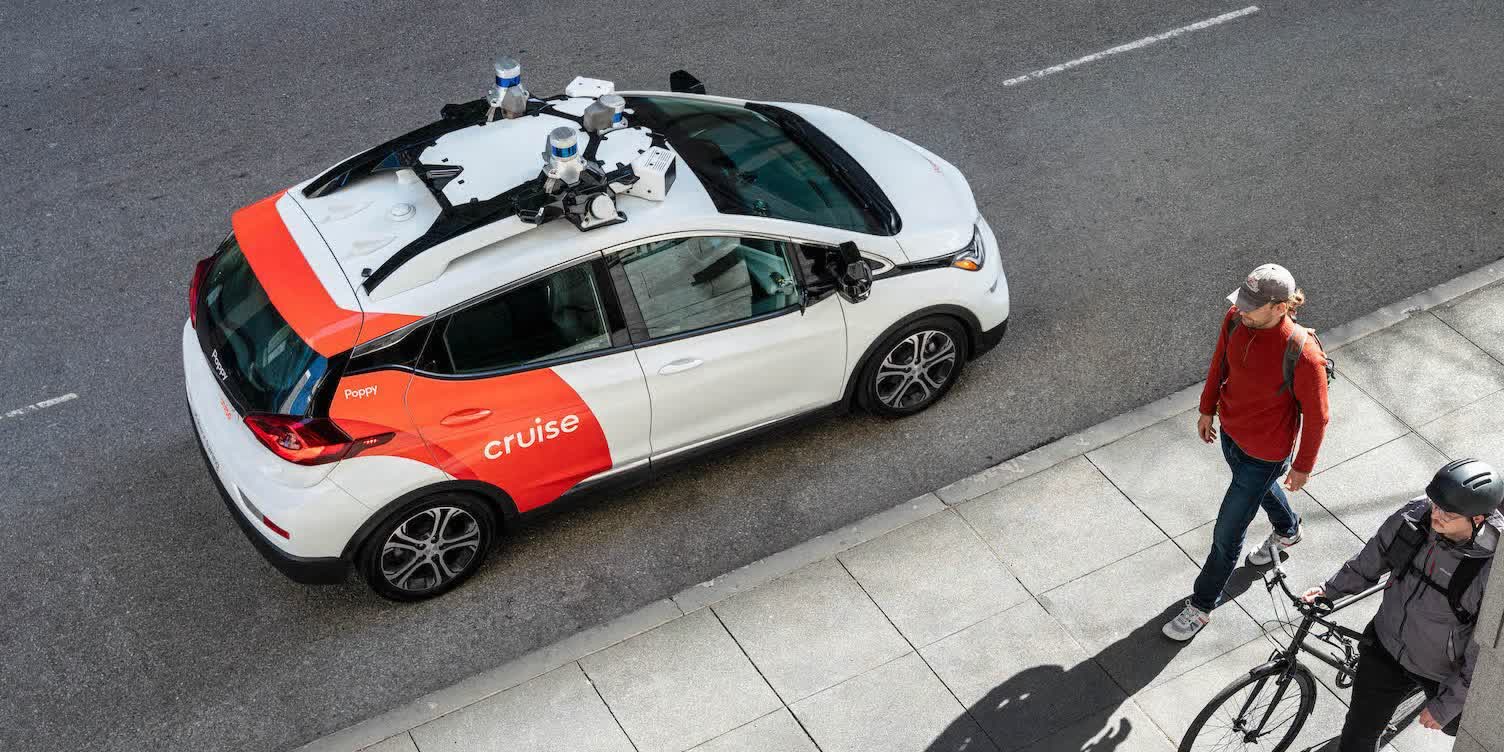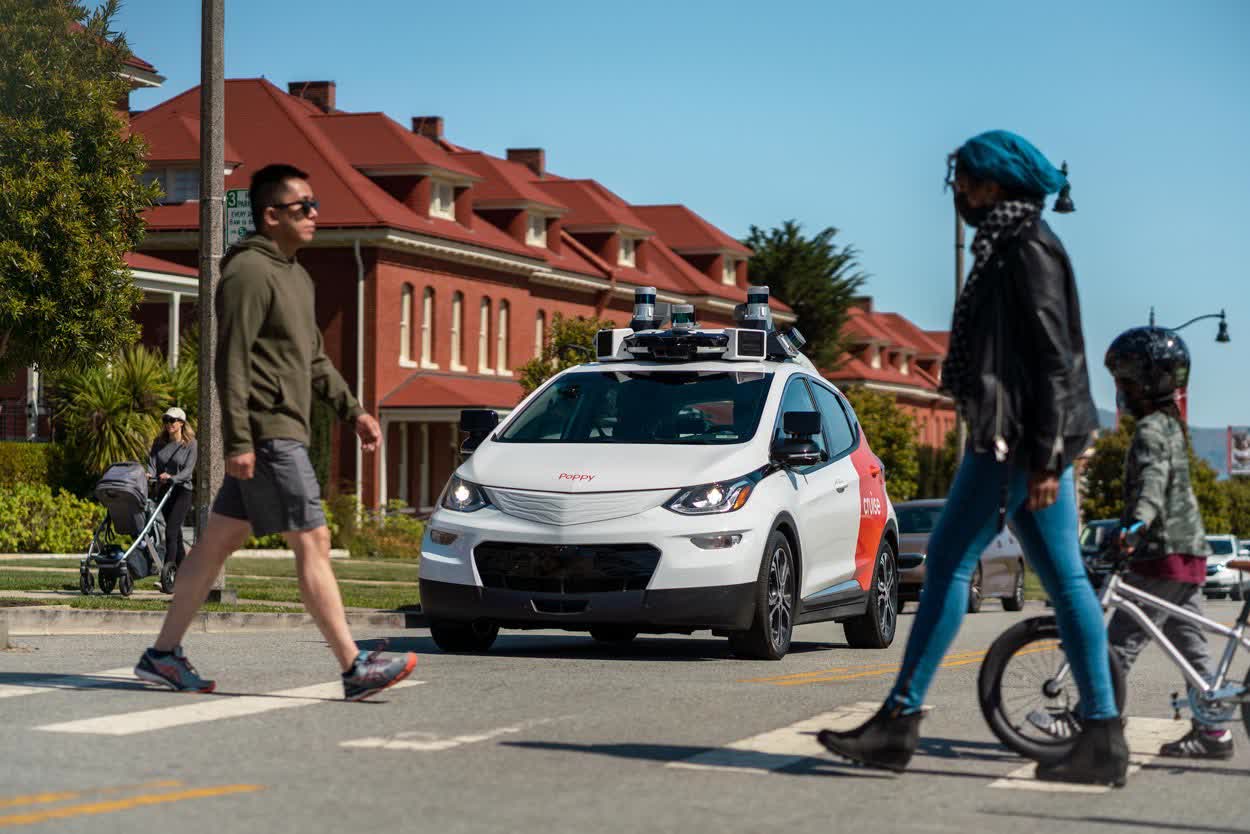Through the looking glass: Sometimes unfortunate or sometimes deadly incidents involving self-driving cars happen. However, recent occurrences with autonomous vehicles in San Francisco have been downright bizarre. Not only does the software controlling the cars struggle to negotiate the real world, but companies and authorities are still learning about how humans behave around self-driving vehicles.

Recent formal complaints to California regulators reveal strange incidents that have occurred since fully-autonomous taxis started operating in San Francisco and Los Angeles. The cases mainly involve robotaxis disrupting first responders or otherwise wasting their time.
Wired notes that one letter sent to the California Public Utilities Commission claims that sleeping passengers have resulted in unnecessary 911 calls. GM-owned Cruise operates self-driving taxis in San Franciso, featuring two-way communication between passengers and company staff. On three occasions, passengers decided to nap during their trip, and Cruise staff called 911 when they became unresponsive.
San Francisco authorities described the events as a waste of first responders' time, requesting that the state of California slow down its adoption of driverless vehicles on public roads. It appears that robotaxi passengers are starting to behave similarly to how they would on buses, trains, or airplanes, using trips as an opportunity to get some sleep.

Other complaints cite incidents where autonomous taxis impeded firefighters. Soon after California let Cruise operate robotaxis in San Francisco last June, one ran over a fire hose during an active firefighting operation. Last week, firefighters had to spend over two minutes stopping an approaching robotaxi from running over their hose. The letter claims they eventually had to shatter its front window to force it to halt, but Cruise says it had already stopped the car by then.
These cases seem like an escalation from the incident last July where a test group of Cruise robotaxis stopped in the middle of the road for an unknown reason, obstructing traffic. Human engineers had to remove the vehicles after they ceased all functioning.
That incident is one of almost 100 that San Francisco agencies said occurred between May and the end of 2022 in which Cruise vehicles held up traffic by stopping at inopportune places and times. The occurrences disrupted public transportation and caused other human drivers to respond with sudden, potentially dangerous maneuvers.
San Francisco and Los Angeles transportation authorities are worried that self-driving technology isn't ready for their cities and are requesting more data from companies like Cruise before they expand their operations. Cruise states that it has to withhold some information for consumer privacy and to protect trade secrets. The company also points out that none of the noted incidents have resulted in serious injuries or fatalities.
The officials' letters aren't uniformly negative, however. They admit that driverless vehicles could increase opportunities for people who can't drive, including the disabled.
https://www.techspot.com/news/97418-san-francisco-robotaxis-causing-false-911-calls-other.html
